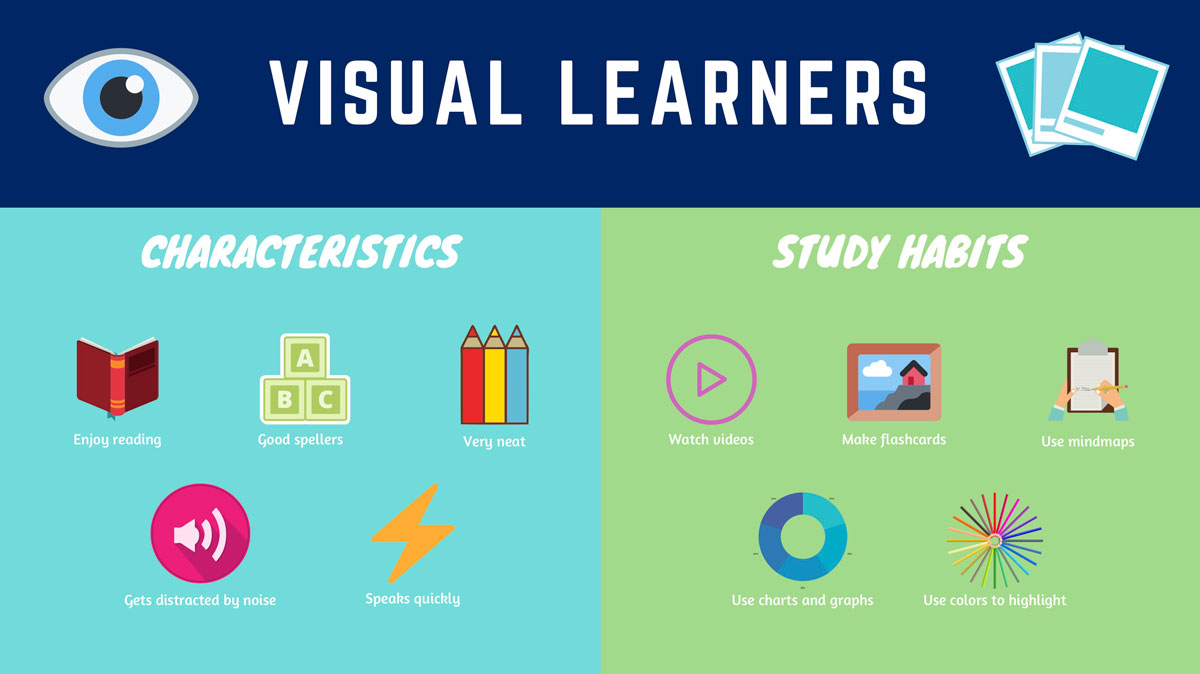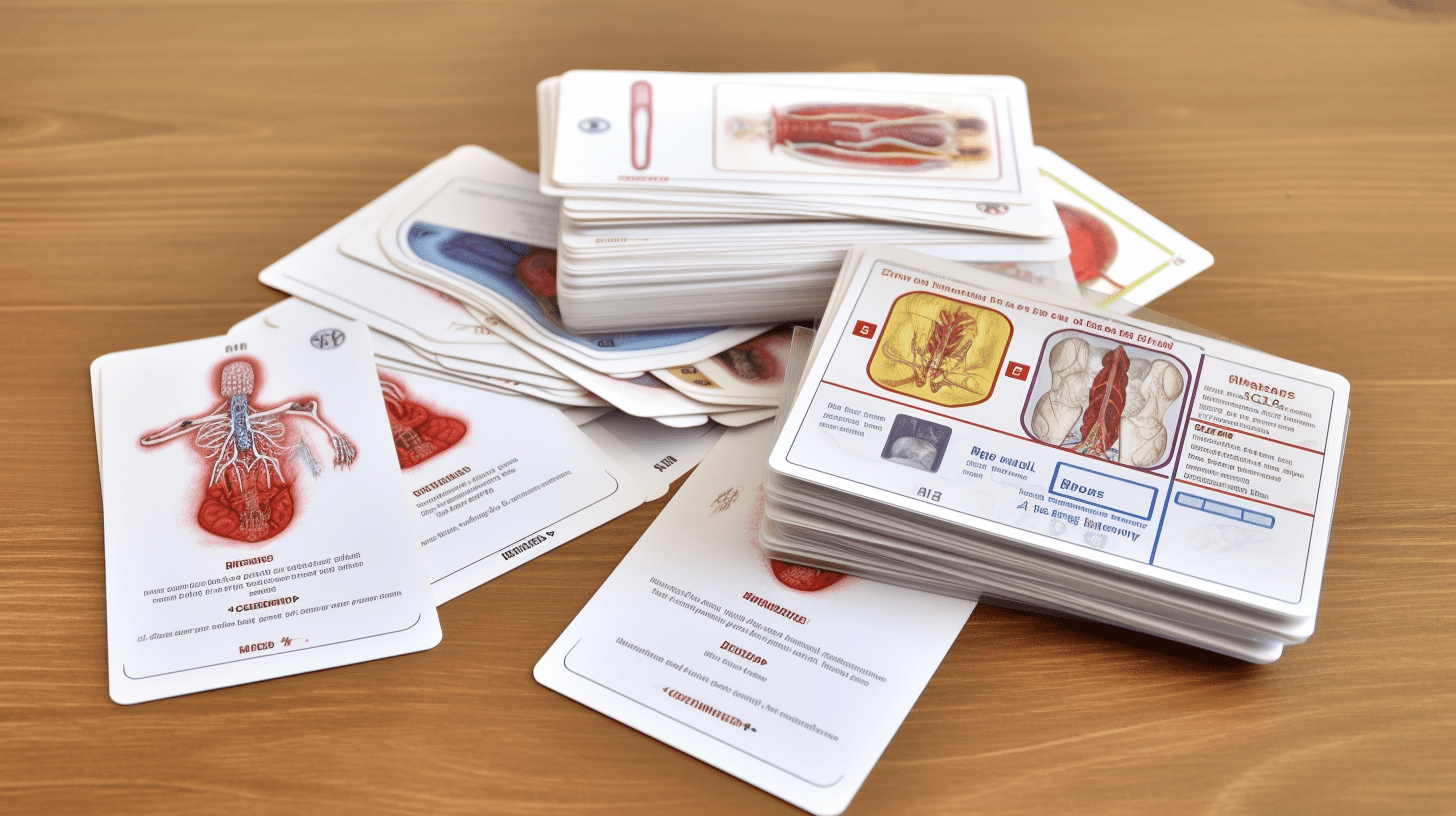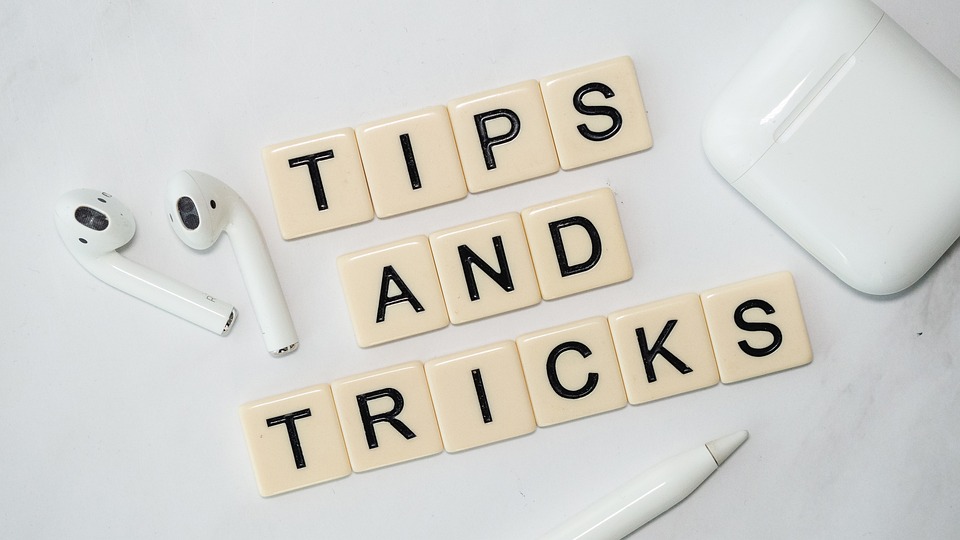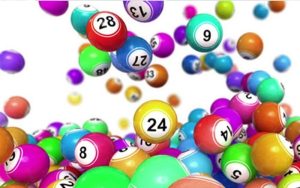Scoring high marks is every student’s dream, yet many find it challenging to achieve. Whether you are preparing for an exam or trying to improve your score, catching a high score can seem like a daunting task. However, with the right strategies and mindset, it is achievable. In this article, we will discuss effective ways to catch a score and excel in your academic pursuits.
Understand Your Learning Style
Before diving into study tips and techniques, it is crucial to understand your learning style. Each individual has a unique way of processing and retaining information. Some may learn better through visual aids, while others may prefer hands-on activities. Understanding your learning style will help you tailor your study methods accordingly. You can take online quizzes or consult with a teacher to determine your preferred learning style.
Visual Learners
Visual learners prefer to use images, diagrams, and graphs to understand concepts. If you are a visual learner, try incorporating videos, charts, or mind maps into your study routine. These techniques will help you visualize the information and retain it better. You can also use colored pens or highlighters to make important points stand out.

If you learn best through visual aids, consider integrating videos, charts, or mind maps into your study regimen
Auditory Learners
Auditory learners thrive in environments where they can hear and process information. If you are an auditory learner, try recording lectures or discussions to listen to later. You can also read your notes aloud or engage in group discussions to reinforce your understanding of the material.
Kinesthetic Learners
Kinesthetic learners learn best through physical activities and hands-on experiences. If you are a kinesthetic learner, try using flashcards, role-playing, or creating models to understand complex concepts. These techniques will help you actively engage with the material and retain it better.
Effective Study Techniques
Now that you have identified your learning style, let’s look at some effective study techniques that can help you catch a score.
Create a Study Schedule
Procrastination is the enemy of productivity. To ensure that you cover all the material before an exam, create a study schedule and stick to it. Set aside specific blocks of time for each subject and make sure to include breaks in between. A well-planned schedule will help you stay on track and avoid last-minute cramming.
Take Good Notes
Taking good notes is essential for understanding and retaining information. Make sure your notes are organized, legible, and comprehensive. You can use abbreviations and symbols to save time, but make sure they are consistent throughout. Reviewing your notes regularly will also help reinforce your understanding of the material.
Use Flashcards
Flashcards are an excellent tool for memorizing information. Write down key terms or concepts on one side and their definitions or explanations on the other. You can carry these flashcards with you and review them during free time. This technique is particularly useful for subjects like vocabulary, formulas, and historical dates.

Flashcards are a highly effective tool for committing information to memory
Practice with Past Papers
Practicing with past papers is an effective way to prepare for an exam. It gives you an idea of the types of questions that may appear and helps you familiarize yourself with the format. Doing past papers also allows you to identify areas where you need more practice and revise accordingly.
Teach Someone Else
One of the best ways to solidify your understanding of a topic is to teach it to someone else. Explaining complex concepts to others forces you to break them down into simpler terms, helping you understand them better. You can also form study groups and take turns teaching each other different topics.
Tips for Exam Day
Apart from preparing for an exam, there are certain things you can do on the day of the exam to catch a score.
Get Enough Sleep
Getting enough sleep is crucial for alertness and concentration. Pulling an all-nighter before an exam may seem like a good idea, but it can do more harm than good. Make sure to get 7-8 hours of sleep the night before an exam.
Eat a Healthy Breakfast
A healthy breakfast is essential for maintaining energy levels throughout the day. Avoid sugary or heavy foods that can make you feel sluggish. Instead, opt for a balanced breakfast with protein, whole grains, and fruits.

Eating a nutritious breakfast is crucial for sustaining energy levels throughout the day
Read the Instructions Carefully
Before starting the exam, make sure to read all the instructions carefully. Pay attention to the number of questions, time limit, and any other important details. This will help you manage your time effectively and avoid mistakes.
Start with Easy Questions
Start the exam by answering the easy questions first. This will help build your confidence and give you more time to tackle the challenging ones. Don’t spend too much time on one question, move on and come back to it later if you have time.
Stay Calm and Focused
It’s normal to feel anxious before an exam, but don’t let it affect your performance. Take deep breaths and stay focused on the task at hand. If you encounter a difficult question, don’t panic. Skip it and come back to it later with a fresh mind.
Maintaining Good Score
Catching a high score in one exam is great, but maintaining good scores throughout the year is even better. Here are some tips to help you keep up your academic performance.
Review Your Notes Regularly
As mentioned earlier, reviewing your notes regularly will help reinforce your understanding of the material. Take 10-15 minutes every day to review what you learned in class. This will also save you from last-minute cramming before exams.
Set Realistic Goals
Setting realistic goals is essential for motivation and progress. Start by setting small achievable goals for each subject, and gradually work your way up. Celebrate when you achieve these goals, and don’t be too hard on yourself if you fall short sometimes.
Seek Help When Needed
If you are struggling with a particular subject, don’t hesitate to seek help. You can approach your teacher for extra guidance or look for online resources such as videos, study guides, and practice tests. Asking for help is a sign of strength, not weakness.
Stay Organized
Staying organized is crucial for managing your workload and staying on top of your assignments. Use a planner or a calendar to keep track of deadlines and important dates. Create a system for organizing your notes and study materials to avoid clutter.
Take Breaks
It’s essential to take breaks and give yourself time to relax and recharge. Studying for long hours without breaks can lead to burnout and affect your performance. Take short breaks in between study sessions and engage in activities you enjoy to de-stress.
Conclusion
Catching a score requires hard work, dedication, and effective strategies. By understanding your learning style, using effective study techniques, and maintaining a healthy lifestyle, you can achieve your academic goals. Remember to stay focused, stay organized, and seek help when needed. With these tips and tricks, you can catch a score and excel in your academic pursuits.








